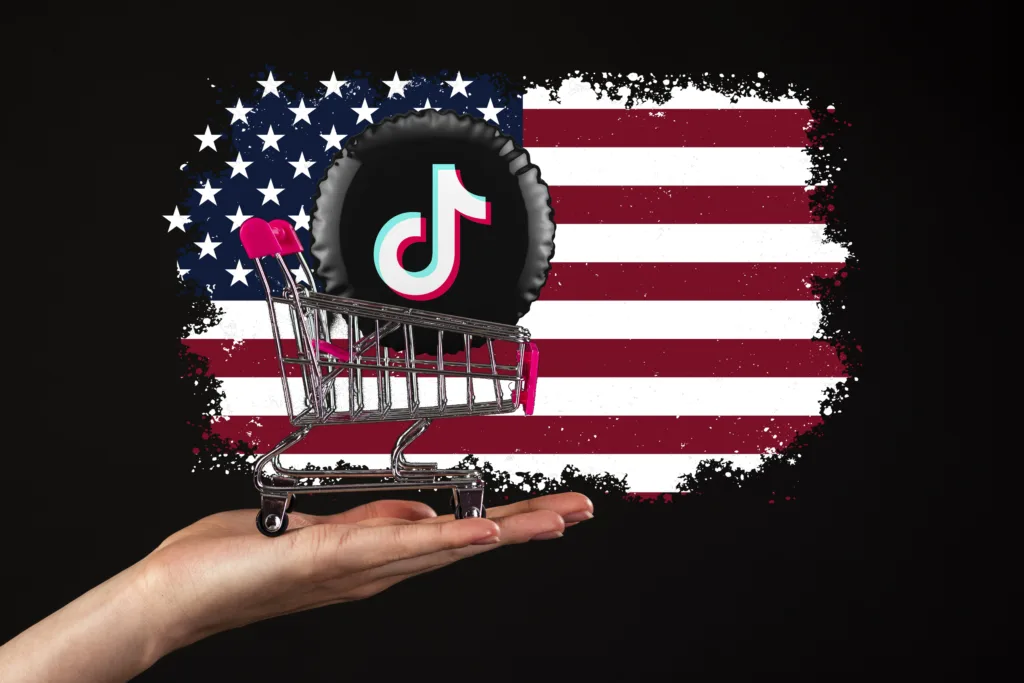TikTok, the popular social media platform, has significantly impacted the U.S. economy, especially benefiting small and mid-sized businesses (SMBs). A recent study by Oxford Economics highlights this impact, revealing some compelling figures and insights into TikTok’s role in the U.S. economic landscape.
However, amidst its economic contributions, TikTok faces challenges, including potential bans in the U.S., which could have far-reaching effects on its users and the broader economy.
TikTok’s Contribution to the U.S. Economy
According to the Oxford Economics study conducted in the summer of 2023, U.S. SMBs that utilised TikTok for marketing and advertising generated nearly $15 billion in revenue. When combined with the value of TikTok’s free services that facilitate organic growth, this contribution to the U.S. gross domestic product (GDP) amounted to $24.2 billion in 2023.

“TikTok has become an integral part of the social fabric of the U.S., serving as a powerful platform for both individuals and businesses to learn, engage, and thrive.” Oxford Economics Study
The study underscores TikTok’s critical role for nearly 40 per cent of SMBs, supporting 224,000 jobs and contributing $5.3 billion in taxes to the U.S. government. TikTok’s operations alone added $8.5 billion to the GDP, $2 billion in taxes, and supported 59,000 jobs across the U.S. economy.
Sector-Specific Impacts
The economic benefits of TikTok vary across different sectors, with the food and beverage industry seeing the highest contribution to GDP at $6.4 billion, supporting 73,000 jobs. The health and wellness sector contributed $3.9 billion, while the business services sector added $3.6 billion to the GDP.
These figures highlight the diverse range of industries that thrive on TikTok, leveraging the platform to find new customers, grow their businesses, and create jobs.

The Shadow of a Potential U.S. Ban
Despite its economic contributions, TikTok faces scrutiny and potential bans in the U.S. due to concerns over data privacy and national security. A ban could disrupt the platform’s growth and significantly impact the SMBs that rely on it for marketing and customer engagement.
The potential loss of TikTok as a marketing platform could force businesses to seek alternative, possibly less effective, channels for growth and customer interaction.
TikTok’s economic impact in the U.S. is undeniable, with substantial contributions to the GDP, job creation, and tax revenues. However, the looming threat of a U.S. ban raises concerns about the platform’s future and its users.
As the situation unfolds, it will be crucial to balance national security concerns with TikTok’s economic benefits to countless businesses and individuals across the country.




